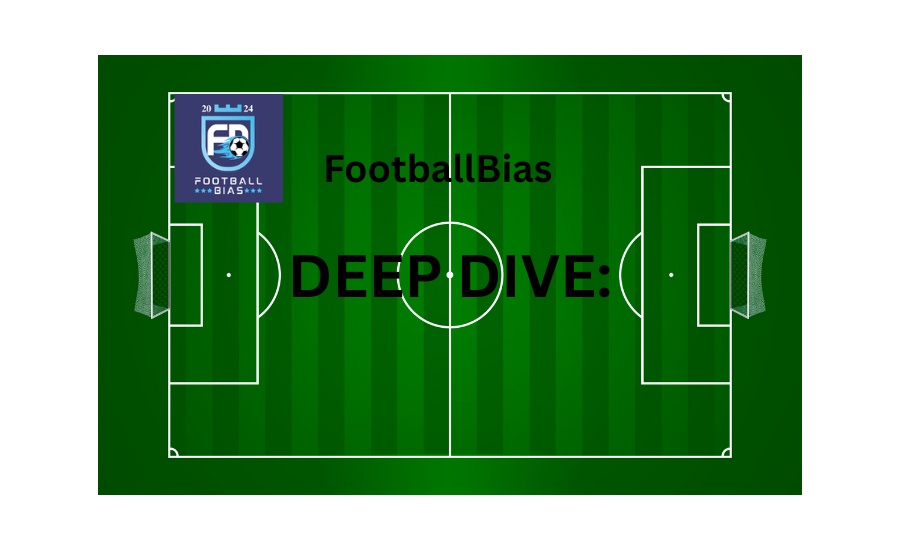The Psychology of Home Ground Advantage
Why Teams Find Football Easier at Home

Teams almost always perform better at home than away. Across every major league, statistics show a clear pattern, home sides win more points, score more goals, and concede fewer. This isn’t coincidence or luck. It’s a consistent, measurable advantage built on comfort, emotion, and psychology.
The difference goes beyond tactics or talent. It’s about familiarity with surroundings, reduced travel fatigue, and the crowd’s presence. The roar from tens of thousands doesn’t just fill a stadium; it energizes one team and unsettles the other.
The home ground advantage is, therefore, a real and quantifiable edge. It combines psychological reinforcement for the home side with subconscious external influence, particularly on officials. Together, these factors make winning at home a more attainable task, no matter how balanced or even unbalanced the teams may be.
Playing at home offers comfort that no tactical system can replicate. Players are in their usual routine, staying in familiar surroundings and training on pitches they know perfectly. Even small details, the feel of the grass, the way the ball moves, or the pre-match environment, create calmness and confidence.
Home teams also legally adjust the pitch to suit their style. Each club can modify the field dimensions within FIFA’s limits, narrower for teams that prefer defensive compactness, or wider for those who rely on width and wingers. The surface condition is another factor. Some sides keep the grass longer to slow play down and disrupt slick passing, while others water the pitch heavily to make it faster and slippery, favouring quick movement and pressing. These small environmental choices give the home team tactical comfort and force the opponent to adapt from the opening minute.
Then comes the crowd factor. The “12th Man” transforms a standard fixture into a wave of emotional energy. The sound of support, especially after a mistake or missed chance, helps players maintain belief and intensity. At Anfield, that energy famously fuels late comebacks. In Dortmund, the Yellow Wall creates a wall of sound that lifts every run and tackle. At St James’ Park, the noise is relentless, pushing Newcastle forward even in tight games.
This atmosphere builds confidence and creates a self-fulfilling prophecy. Teams expect to perform better at home, and that belief often becomes reality. The comfort, the support, and the control of the environment combine to make the home ground not just a venue, but a powerful psychological advantage that shapes every minute of play.
For the visiting team, everything feels unfamiliar. The travel, the different dressing rooms, the noise, all create discomfort before the match even starts. The home fans make sure of it. The crowd becomes a weapon, creating a hostile atmosphere that makes communication harder and every mistake feel heavier. At places like Anfield (Liverpool) or the Westfalenstadion (Dortmund), even experienced players talk about how the noise makes it difficult to think clearly.
Referees also feel the pressure. Studies and match data show that home teams receive fewer yellow cards and are awarded more free-kicks in marginal situations. The reason is simple: officials are human. When 50,000 people roar for a foul, hesitation can tilt decisions. This influence is rarely deliberate, but it exists. During the 2020–21 season, when stadiums were empty due to the pandemic, home advantage dropped noticeably across Europe, proof that the crowd’s presence matters.
The away side faces not only tactical and physical challenges but also a mental one. Playing against the noise, the pressure, and the environment means they are fighting more than just eleven opponents.
Some however argue that home advantage creates imbalance. They believe football should reward skill and strategy, not emotion or noise. In an ideal world, every match would be neutral, no bias, no influence, just football.
But that idea ignores what makes the sport special. The atmosphere is part of the game’s identity. The passion of home fans, the songs, and the emotion are what give football its character. An away win feels even more significant because of the challenge of overcoming that energy.
Modern factors have reduced the gap slightly. Travel is easier, stadiums are more uniform, and players are more used to big occasions. Yet, the emotional and psychological difference remains. No technology or preparation can fully neutralize the edge that comes from thousands of people believing they can push their team to victory.
Home ground advantage remains one of football’s simplest but strongest truths. It’s not just about tactics or talent, but about emotion, routine, and human psychology. The home team feels supported, comfortable, and confident. The away team faces pressure, distraction, and a sense of isolation.
Even as the sport becomes more global and standardized, that edge has never disappeared. The crowd’s energy, the familiarity of the surroundings, and the subtle influence on officials still make home games different.
In the end, football without home advantage would lose part of its soul. The roar of home fans, the tension for visitors, and the sense that anything can happen in front of your own crowd remain central to what makes the game so powerful.








